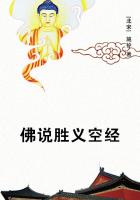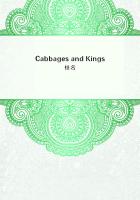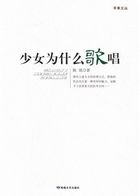Berkeley, the tutor of Molyneux's son, began in 1707 to give to the world his ingenious speculations on mathematical and philosophical subjects.It does not appear that Hutcheson was acquainted with Berkeley, who, we rather think, would not appreciate the views of Hutcheson: be has certainly condemned the opinions of Shaftesbury.But he enjoyed the friendship of a number of eminent men, including Viscount Molesworth and Dr.Synge afterwards Bishop of Elphin; both of whom encouraged him to publish his first work, and assisted him in preparing it for the press.The former connects him historically with Shaftesbury, who had written letters to Molesworth, which were published in 1721.When in Dublin, Hutcheson and some others formed a club in which papers were read by the members on philosophic themes.It is an interesting circumstance, that in the next age some of the more important works of Gerard, Reid, Beattie, and Campbell sprang out of a similar society in Aberdeen.
It was in 1725 that he published in London his first work, "An Inquiry into the Original of our Ideas of Beauty and Virtue." The treatise was published anonymously, as (so he tells us in the second edition) he had so little confidence of success that he was unwilling to own it.The subject, the thoughts, and the style were suited to the age;and the work was favorably received from the first.Lord Granville (afterwards Lord Carteret), the Lord Lieutenant of Ireland, sent his private secretary to inquire at the bookseller's for the author; and when he could not learn his name he left a letter to be conveyed to him, in consequence of which Hutcheson became acquainted with his Excellency and was treated by him with distinguished marks of esteem.Asecond edition, corrected and enlarged, was called for in 1726.
This was the age of serial literary essays which had commenced in England with the "Tatler" and "Spectator."There was such a periodcal set up in the metropolis of Ireland called the "Dublin Journal" conducted by Hibernicus (Dr.Arbucle), and to this paper Hutcheson sent two letters, of date June 5th and June 12th, 1725, on " Laughter," in opposition to the views of Hobbes, who attributed men's actions to selfish motives, and {56} represented laughter as nothing else but sudden glory arising from some sudden conception of some eminency in ourselves, by comparison with the infirmity of others or our own formerly.He characterizes Hobbes as "having fallen into a way of speaking which was much more intelligible than that of the School men," and "so becoming agreeable to many wits of his age;" and as "assuming positive, solemn airs, which he uses most when he is going to assert some solemn absurdity or some ill natured nonsense." He finds it difficult to treat the subject of laughter "gravely," but gives his theory of the cause of laughter, which is "the bringing together of images which have contrary additional ideas, as well as some resemblance in the principal idea g, this contrast between ideas of grandeur, dignity, sanctity, perfection, and ideas of meanness, baseness, profanity, seems to be the very spirit of burlesque, and the greater part of our raillery and jest are founded on it." Some such view as this has ever since been given of wit.Samuel Johnson describes it as a sort of <Concordia discors or concors discordia>.Hutcheson ventures to specify the use of laughter: "Our passions are apt to lead us into foolish apprehensions of objects both in the way of admiration and honor, and ridicule comes in to temper our minds." This moderate view falls considerably short of that given by Shaftesbury, who represents ridicule as a test of truth.
Mandeville, in "The Fable of the Bees," had advanced some curious and doubtful speculations as to private vices being public benefits; showing that the power and grandeur of any nation depend much upon the number of people and their industry, which cannot be procured unless there be consumption of manufactures; and that the intemperance, luxury, and pride of men consume manufactures, and promote industry.The author has here caught hold of a positive and important truth, the explanation of which carries us into some of the deepest mysteries of Providence, in which we see good springing out of vice, and God ruling this world in spite of its wickedness, and by means of its wickedness, but without identifying himself with it.But Mandeville was not able to solve the profound problem, and in dealing with it he uses expressions which look as if he intended to justify, or at least to palliate vice.Hutcheson hastens to save morality, and writes letters on the subject to Hibernicus, {57 } and easily shows that virtue tends to private and public happiness, and vice to private and public misery; and that there "would be an equal consumption of manufactures without these vices and the evils which flow from them."Hutcheson had now tasted the draught of authorship, and must drink on.In the "London Journal" for 1725 there appeared some Letters signed "Philaretus," containing objections to the doctrine of the "Inquiry into the Ideas of Beauty and Virtue," which is represented as not giving a sufficiently deep view of virtue as founded on the nature of things and perceived by reason.Hutcheson replies in the same journal.In that same year he published his second great work, being " An Essay on the Nature and Conduct of the Passions and Affections, with illustrations of the Moral Sense." In the Preface he says, " Some Letters in the '

